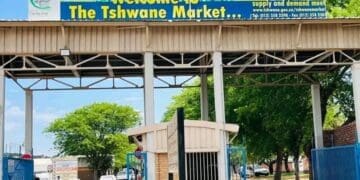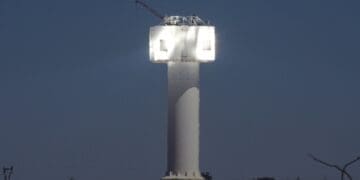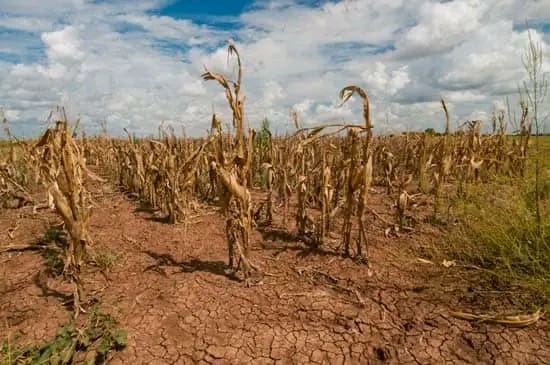“Farming with no water is impossible,” says Thabo Mahlangu, a vegetable farmer and owner of Mahlangu Fresh Produce in Winterveld, north of Pretoria, which is being crippled by chronic water shortages.
“We plant tomatoes, spinach and maize, but when there’s no water, our crops die and our customers disappear,” Mahlangu told Vutivi News.
His small farm once supplied local markets and street vendors, but now it is only harvesting 40% of what it used to.
“I had to let go of two workers. I couldn’t afford to keep them when I’m barely breaking even,” he added.
Nearly a decade after taps were installed in Winterveld, the persistent lack of reliable water supply continues to cripple local small businesses—particularly those in the farming sector.
For many SMMEs that depend on agriculture, this crisis is more than an inconvenience, it’s a direct threat to their survival.
In 2016, hopes were high when municipal contractors fitted communal taps in the area. Residents believed the long-standing water issue would finally be resolved.
Yet, even this year with all the rain, there is often no water, leaving farmers to rely on expensive water deliveries or unsafe boreholes.
The water crisis is also stifling potential growth in the area. Young entrepreneurs, eager to enter the agribusiness space, are discouraged by the uncertainty.
“We’ve got the land and the people who want to work, but no consistent water supply,” said Lerato Ndlovu, a 28-year-old aspiring poultry farmer.
“I tried to start a small chicken business last year, but I had to stop. No water meant no cleaning, no feeding and no safety. Everything collapsed before I even reached the market.”
The local economy suffers as a result.
According to Paul Mookang, representing the South African Agricultural SMME Forum, access to water is one of the top three barriers facing small-scale farmers in peri-urban areas like Winterveld. Without functioning infrastructure, informal and semi-formal agricultural businesses cannot meet demand, let alone grow and export.
The impact is felt beyond farms.
Dineo Moeketsi, who owns a roadside vegetable stall, said she could no longer source fresh produce locally.
“I used to buy from farmers right here in Winterveld. Now I have to travel to Mabopane or Hammanskraal and pay more for transport,” she said.
“That eats into my profit, and customers complain about higher prices.”
Local leaders say the issue has been raised repeatedly with municipal authorities, but progress remains slow. Some blame poor maintenance, while others point to deeper issues within the local water management system.
“Winterveld has been forgotten,” said community activist Mandla Khumalo. “The taps are there, but without water, they’re just decoration. Our farmers are trying their best, but they can’t fight this battle alone.”
While government water tankers occasionally provide temporary relief, most residents agree it is not enough for running a sustainable business.
City of Tshwane spokesperson Lindela Mashigo said the city was unaware of any ongoing water crisis in Winterveld.
He clarified that recent disruptions were linked to a scheduled maintenance operation by Rand Water.
“Rand Water had a planned maintenance of the Hartebeesthoek reservoir, which was due to run from 9 May to 23 May 2025. This work affected several areas, including Winterveld, Soshanguve, Mabopane and Ga-Rankuwa,” Mashigo explained.
“This maintenance was communicated to all affected residents well in advance, and several reminders were issued. The work has since been postponed by Rand Water, and supply has been restored to most areas.”































































